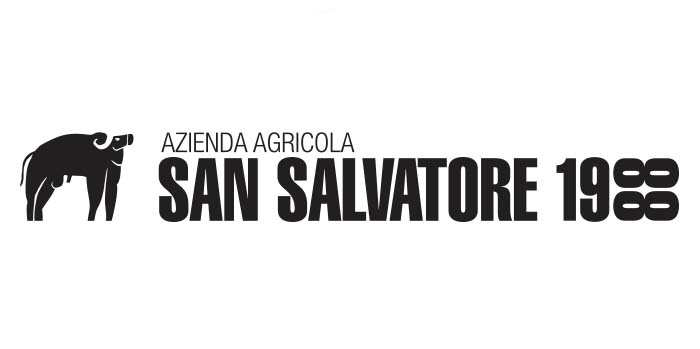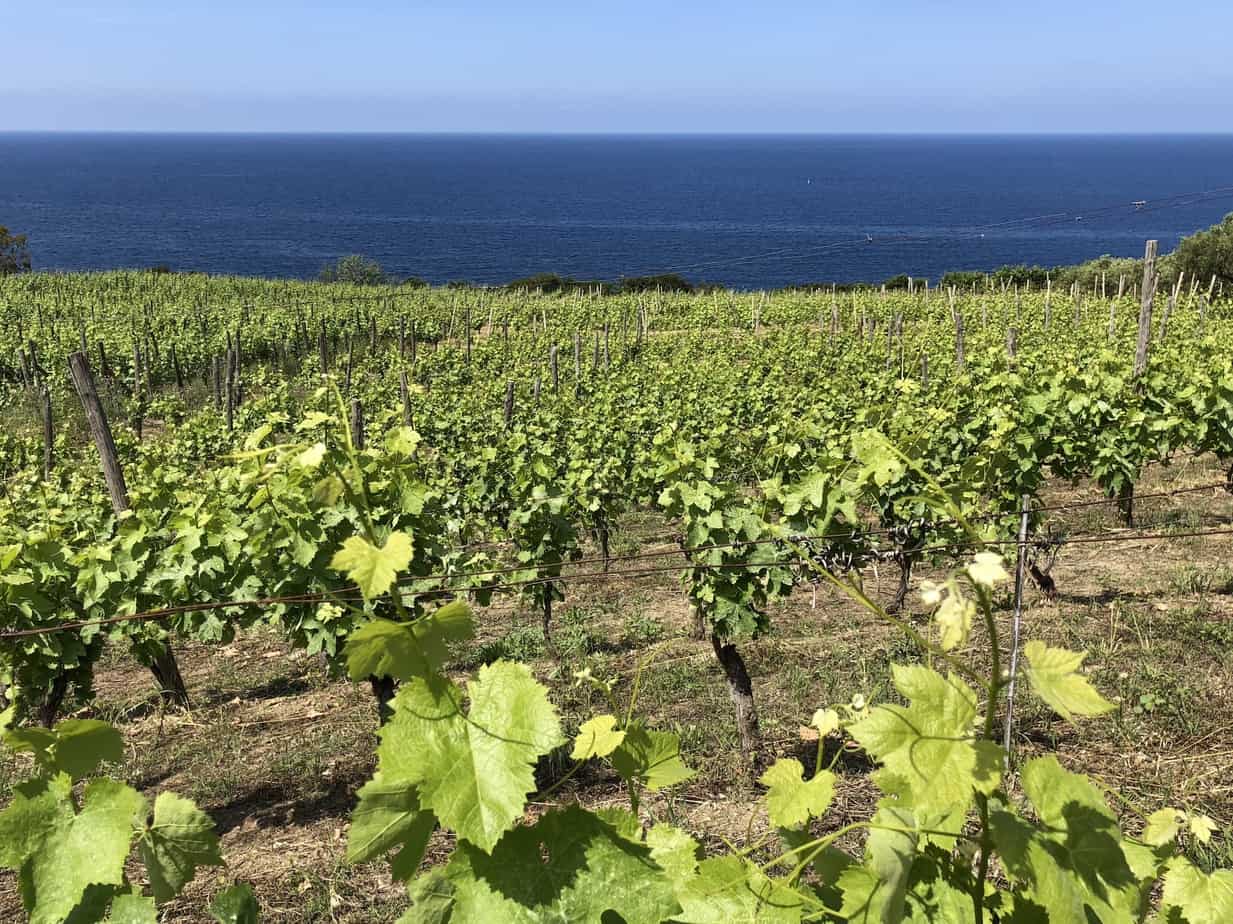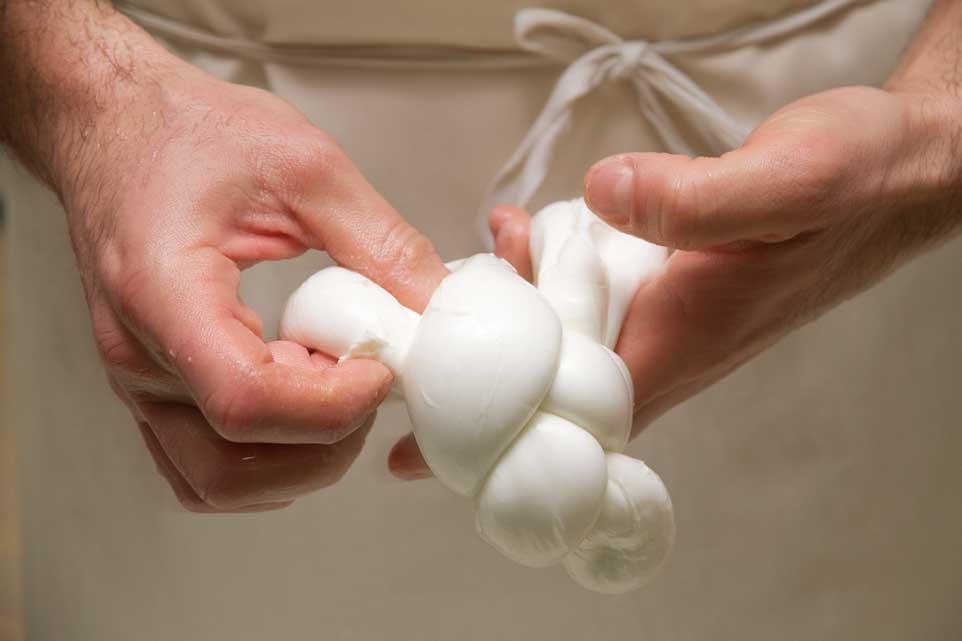Paestum, an ancient archaeological site in southern Italy, stands as a testament to the enduring legacy of a bygone era. Nestled in the heart of Campania, Paestum’s rich history, stunning geography, unique geology, and its culinary traditions, including food and wine, converge to create a captivating mosaic of culture and heritage.
Paestum, an ancient archaeological site in southern Italy, stands as a testament to the enduring legacy of a bygone era. Nestled in the heart of Campania, Paestum’s rich history, stunning geography, unique geology, and its culinary traditions, including food and wine, converge to create a captivating mosaic of culture and heritage.
History: Paestum’s history reaches back over 2,500 years. Founded by the Greeks around 600 BC as Poseidonia, the city’s name later transformed into Paestum under Roman rule. The city’s three exceptionally well-preserved Doric temples, the Temple of Hera, the Temple of Athena, and the Temple of Neptune, are iconic relics of its ancient grandeur. The site’s history also reflects its conquest by various civilizations, from the Greeks and Romans to the Byzantines and Normans.
Geography: Paestum’s strategic location along the Tyrrhenian Sea endows it with a spectacular coastal geography. The site rests in the midst of the fertile Campanian Plain, flanked by the Cilento and Alburni mountain ranges. Its proximity to both the sea and the mountains contributes to a mild, Mediterranean climate, making it a haven for both agriculture and tourism.
Geology: The geological foundation of Paestum’s landscape is rooted in the collision of tectonic plates and the uplifting of the Apennine mountain range. The rich volcanic soil and sedimentary deposits from ancient rivers have provided fertile ground for agriculture, especially the cultivation of the world-renowned San Marzano tomatoes and Mozzarella di Bufala.
Food and Wine: Paestum’s culinary heritage is deeply connected to its surroundings. The region is celebrated for its fresh, local produce, which forms the basis of its gastronomy. Mozzarella di Bufala Campana, made from buffalo milk, is a prized delicacy that finds its origin here. The San Marzano tomatoes, known for their intense flavor, are used to create some of Italy’s finest tomato sauces. Paestum’s cuisine is marked by simplicity and respect for ingredients, allowing the natural flavors to shine.
Wine: While Paestum is not traditionally known for wine production, the surrounding Campania region is renowned for its viniculture. The region produces a variety of wines, from the well-known Aglianico reds to the refreshing Greco di Tufo whites. These wines often beautifully complement the local cuisine, enhancing the dining experience.
WINERIES




